GenEra Neuquén and Campana Aprende are two initiatives being rolled out in different communities across Argentina, both with a shared goal: improving people's technical skills to enhance their employability.
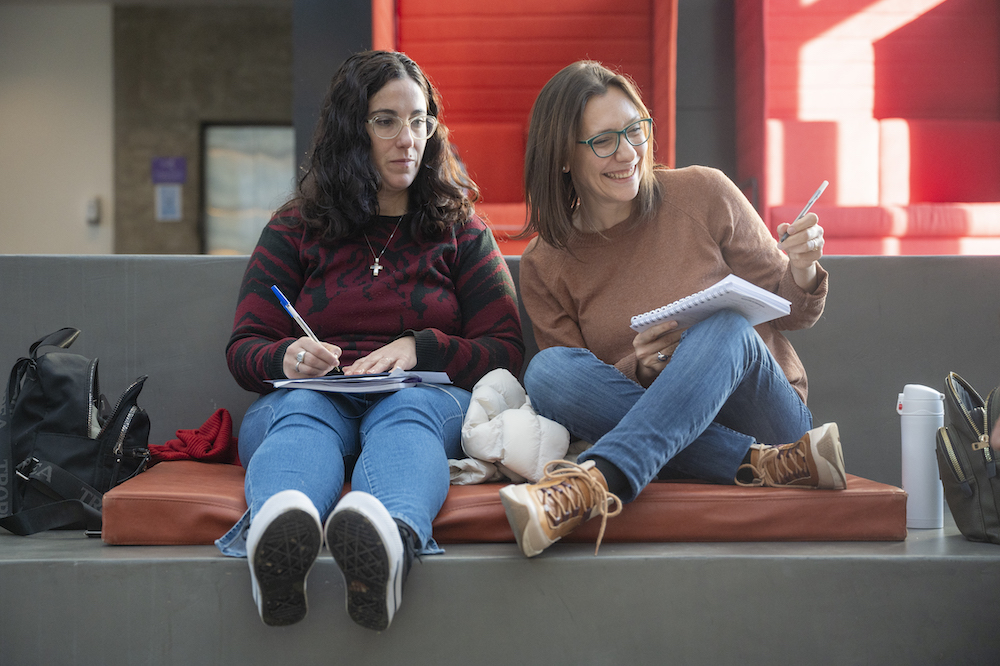
GenEra Neuquén
Launched in 2024, GenEra Neuquén aims to boost technical education and skills-learning for students and young adults living in the province. It’s the result of Tecpetrol teaming up with Vista Energy, backed by the provincial government, to launch a program designed to meet Argentina's most critical upstream project needs. The initiative also seeks to enhance education and increase employability opportunities throughout the region.
“It's estimated that in the next few years, the Neuquén Basin alone will need 17,000 trained and qualified professionals to meet the growing demand for oil and gas projects,” explains María Laura García, Tecpetrol’s Chief Human Resources Officer. She adds that,
That's why, given this challenging scenario, we’ve teamed up with Vista Energy so we can reach technical schools, work alongside teachers, and train final-year students about upstream topics. Our goal is to boost their employability and create a virtuous cycle of collaboration and growth in the region."
GenEra Neuquén has its roots in the Techint Group’s Roberto Rocca Technical Gene program, currently running in 42 public technical schools across 8 countries.
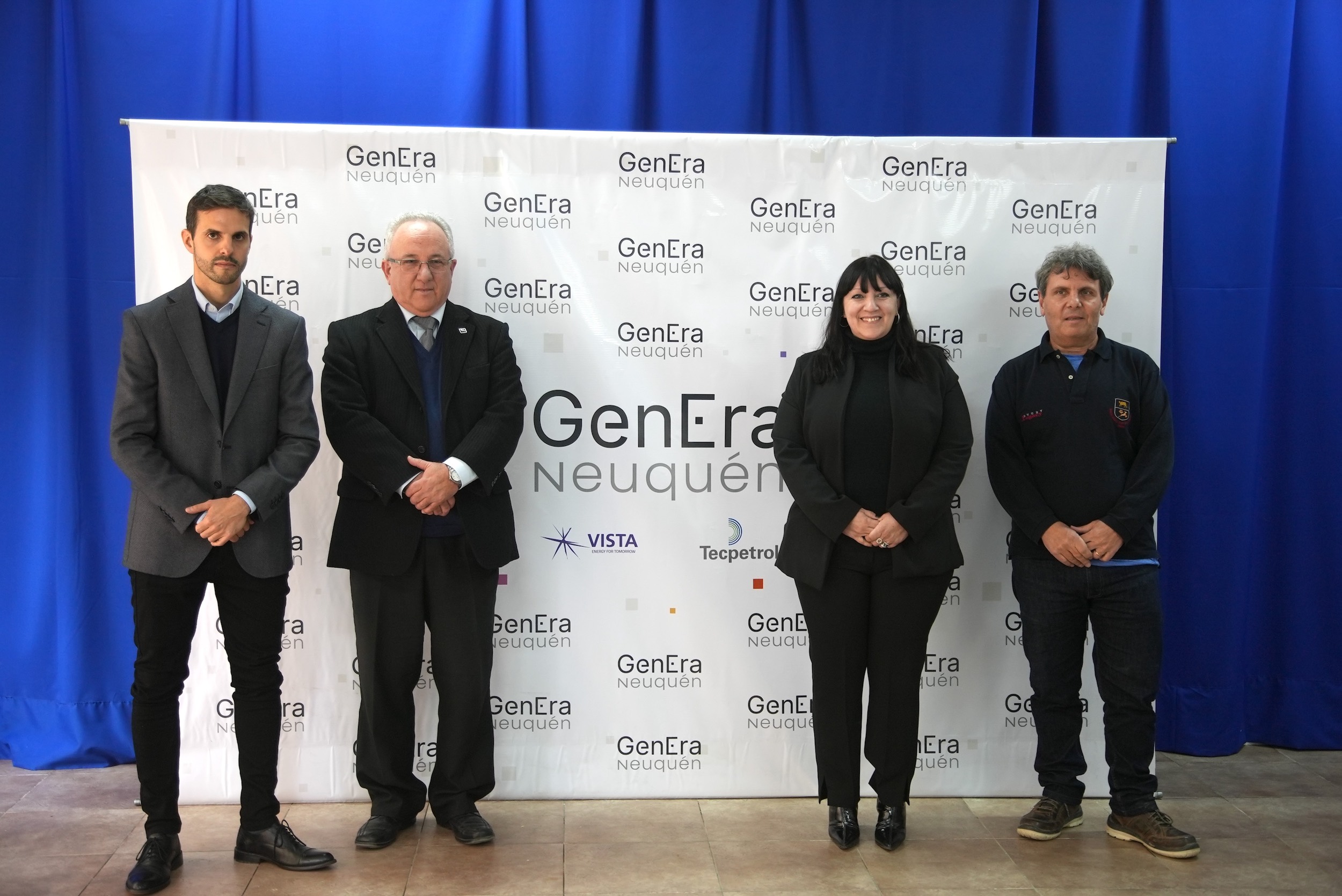
Program launch.
GenEra Neuquén will span a period of three years. In the first stage, the idea is to roll it out in nine technical schools at four locations, involving more than 1,000 people, including students and teachers. Overall, the program offers 29,000 training hours, with a focus on Math and technical training courses within the framework of professional and trades apprenticeships for graduates of technical degree courses and people with experience in the Oil & Gas industry, as well as providing vocational training. At the same time, teachers will receive training in Math and Active Learning methodologies. The GenEra program also includes e-learning courses, talks given by professionals, laboratory practices, and visits to the operations in Vaca Muerta for a first-hand experience of activity in the field.
The program will be expanded to a further ten technical schools in the province during 2025 and 2026.
For Andrea Fernández, who is the Manager of Community Relations at Tecpetrol in the Neuquén Basin, the program has all the hallmarks of the Techint Group’s extensive experience in education. “We’re concentrating all the knowledge and management skills we’ve honed over the years through our educational programs, especially Technical Gene, into this initiative to make it a success!” she says.
Held on May 28, the first training session on “Introduction to the Hydrocarbon Industry in the Region”, was hosted at the facilities of the National Technological University - Neuquén Regional Faculty for 6th-year students from local technical secondary schools. The workshop was attended by Soledad Martínez, Minister of Education of the Province of Neuquén; Amalín Temi, the Provincial Director of Socio-Educational Policies and Equity of the Ministry of Education; Noelia Tarifeño, Director of the Technical and Teaching Team of the Ministry of Education; Gustavo Livoreiro, Provincial Director of Technical Education (DPET, FP and CERET), Vocational Training and CERET; Juan Carlos Loguercio, Technical Advisor on Professional Pedagogical Practices (DPET, FP and CERET). Representing Tecpetrol was Pablo Martellotta, Corporate Manager of Community Relations, while the representative from Vista Energy was Fernando Sapag, Asset Manager.
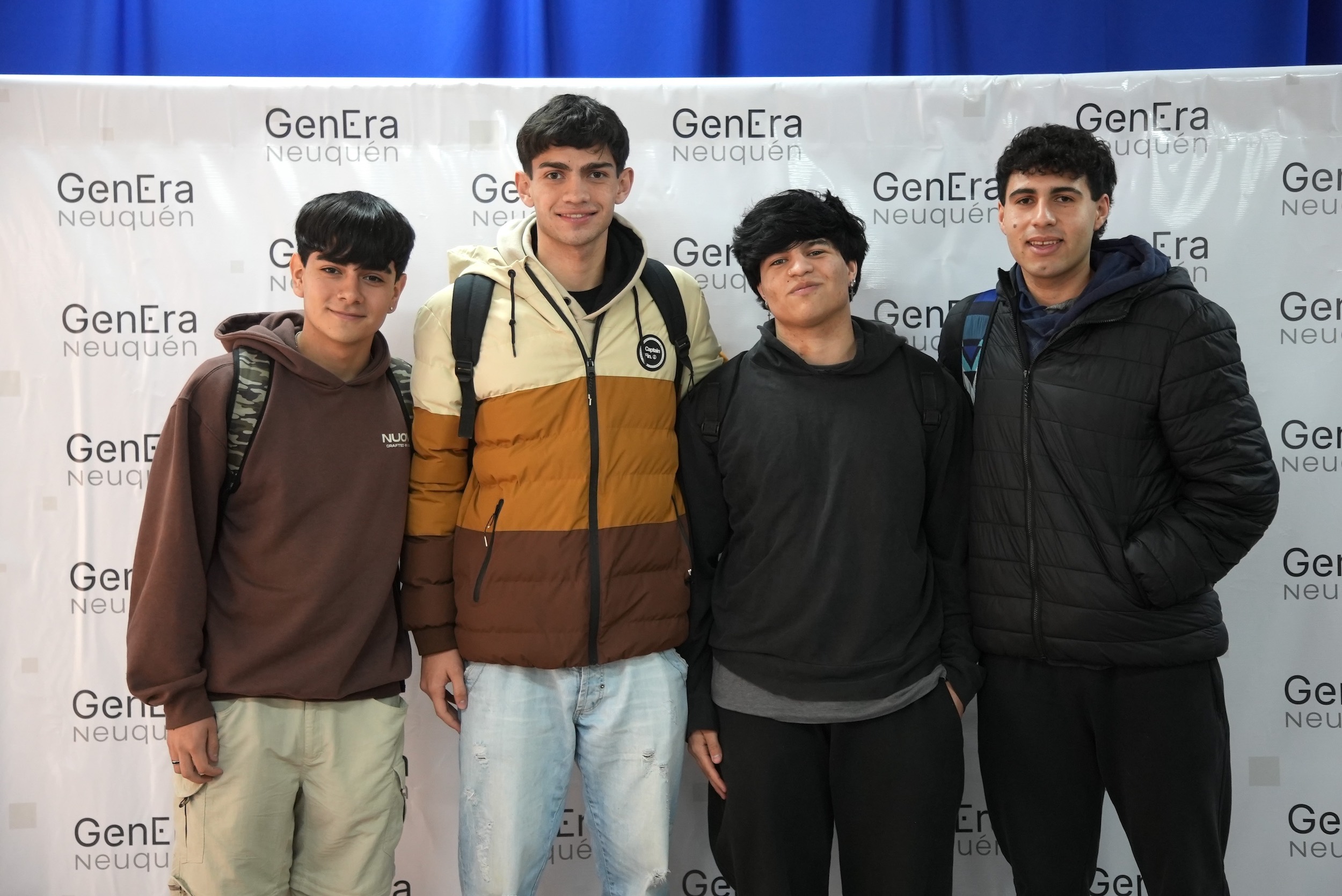
Five more editions of this course will be held over the remainder of 2024: three in Neuquén, one in Añelo and one in Rincón de los Sauces. These will be followed by three editions of the basic course for Operator Training for Non-Conventional Wells, and three editions of a basic course in Operator Training for Gas Treatment Plants.
Campana Aprende
Campana Aprende launched in 2022, a joint initiative devised by Tenaris and the Roberto Rocca Technical School in Campana (ETRR), which were joined by primary and secondary schools in the community as well as the Dante Alighieri school. In this case, the sum is greater than its parts, as the idea is to combine the considerable resources of these partners and share best educational practices across the district by organizing conferences and training sessions for local primary and secondary schools. This is how the “Hacer Escuela” meetings came about, a management program designed for school heads.
“Campana Aprende is a multifaceted project that supports state schools on their journey to enhancing learning for their students. We’ve also implemented Zárate Aprende, and the idea is to replicate it in other geographic areas," explained Fredy Vota, the General Director of the Dante Alighieri Educational Center and current Undersecretary of Education of Argentina.
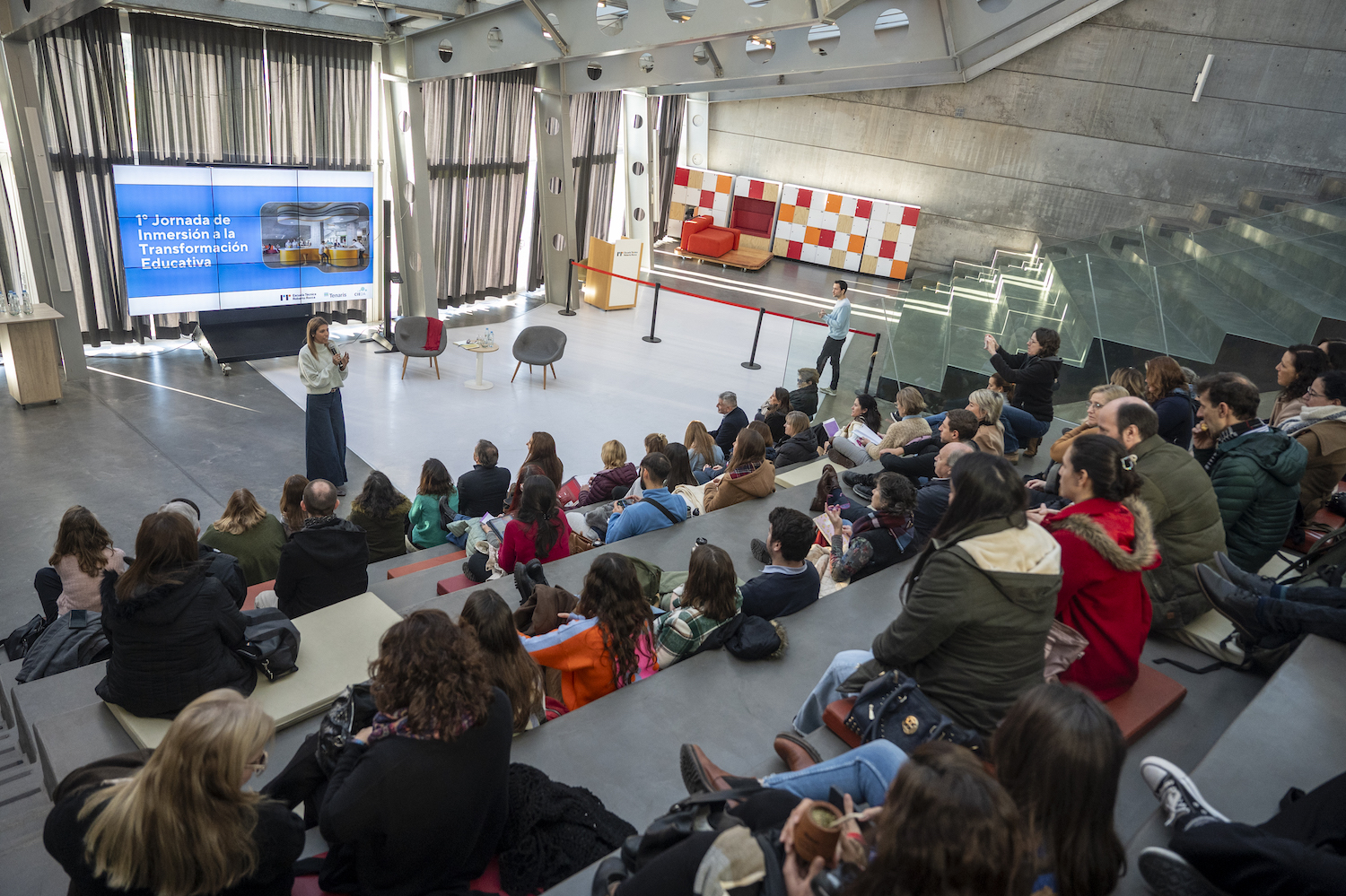
68 people enrolled in the Diploma course.
Today, the program is underway at 84 schools and involves 348 teachers and school heads.
The Diploma in School Educational Innovation was launched as part of the program in conjunction with the Austral University and the Varkey Foundation in August 2024. This is a university certification aimed primarily at middle school teachers and management, although its scope also includes primary level teachers and school heads as well as municipal education officials and supervisors.
Mariana Albarracín, Director of the Campana ETRR, said:
Our goal is to level up the teaching profession and give educators in the area a real chance to keep growing, learning, and reimagining how education is done."
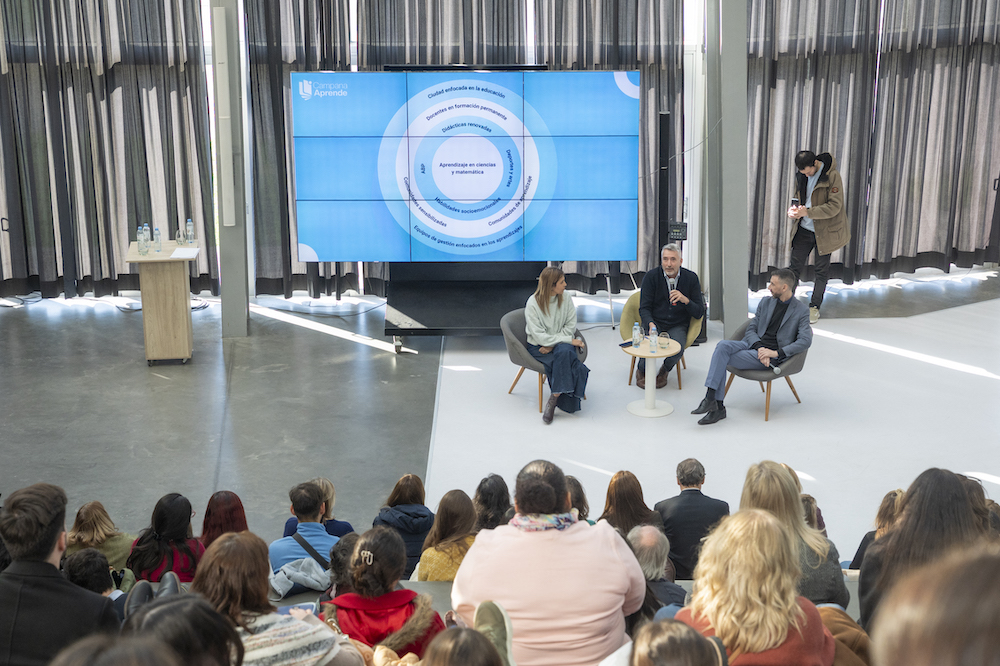
Mariana Albarracín, Fredy Vota and Mauro Di María at the presentation of the Diploma.
The diploma is taught in hybrid format, mixing in-person with virtual learning sessions. It includes a mandatory module on designing innovative educational projects, with optional modules that are the same as those offered through the 'Hacer Escuela' program, dovetailing with those on the Organization of American States (OAS) syllabus, earning participants additional credits. Based on their area of interest, students can choose from Math Didactics (28 hours), Reading and Writing Practices (24 hours), and School Management (48 hours). By adding the mandatory module, participants can also obtain a university diploma in School Educational Innovation from the Austral University.
So far, 68 people signed up for the course, of which 74% are from the public sector and 26% from the private sector; 79% are from Campana and 21% from Zárate, and 53% are from secondary school level and 47% from primary. The first class for the Diploma in School Educational Innovation was given on August 10 as an in-person session at the Campana ETRR.
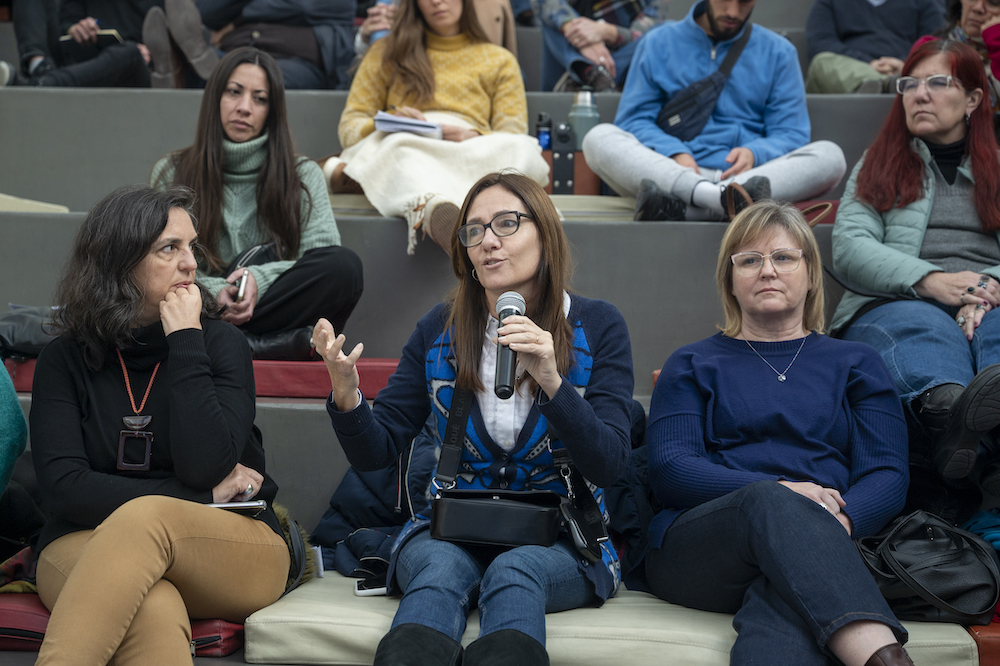
Programs such as GenEra Neuquén, Campana Aprende and Zárate Aprende are clear examples that collaboration between the private sector, governments, and education is not only possible but also fertile ground for creating opportunities for professional growth while tackling the needs of the labor market.